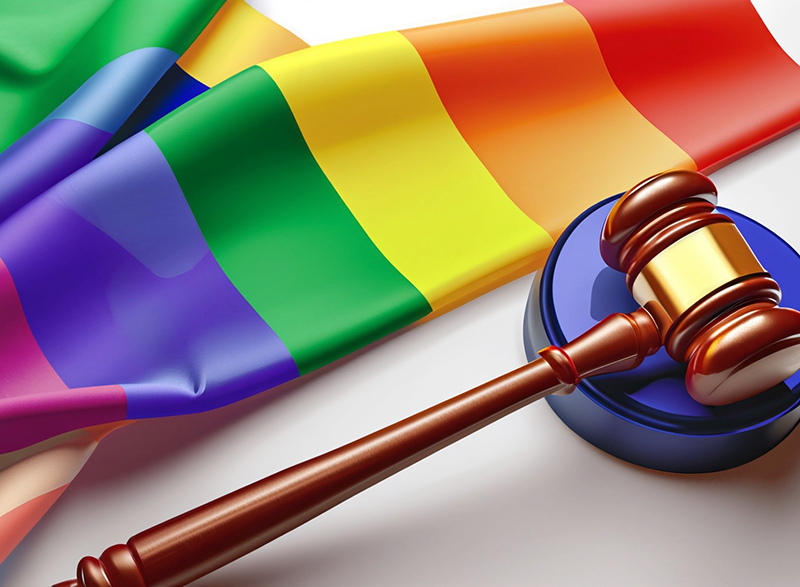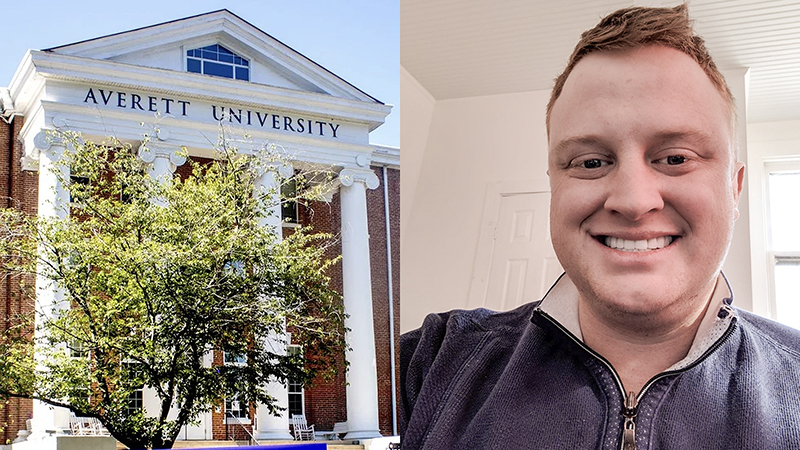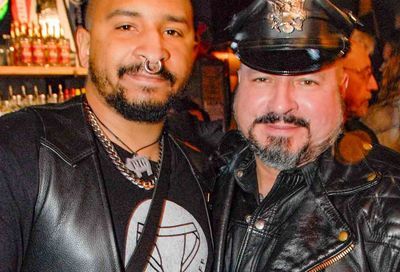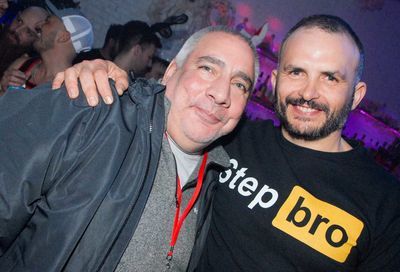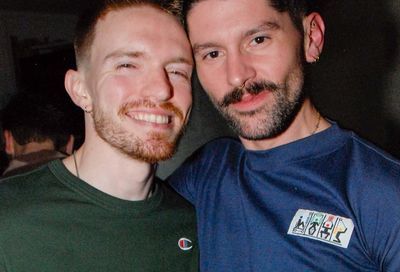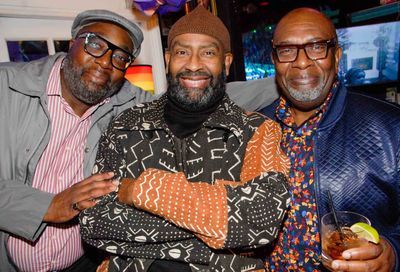Prop. 8 team takes on Virginia’s gay marriage ban, bringing national focus
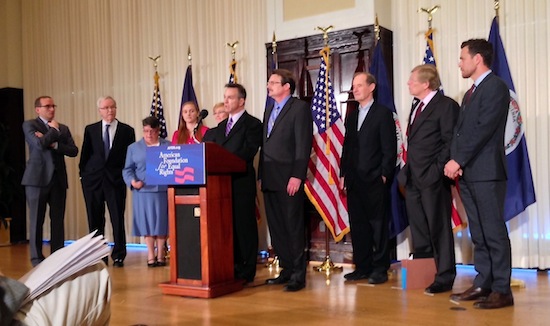
The star legal duo who took on California’s same-sex marriage ban have set their sights on a new target — and the ramifications could be just as sweeping.
Conservative attorney Ted Olson and liberal attorney David Boies, along with the American Foundation for Equal Rights (AFER), announced Monday that they have joined a case filed earlier this summer challenging Virginia’s ban on same-sex marriage and hope once again to convince the Supreme Court that same-sex couples have a constitutional right to marry.
At a press conference at the National Press Club in Washington, Olson and Boies said their decision to join the case — Bostic v. Rainey — on behalf of two same-sex couples was the natural next step for their fight to once and for all bring marriage equality nationwide through a ruling by the nation’s highest court.
“David and I are not done with the battle, even though we were successful in California,” Olson said. “We will not feel that we’ve been successful until all Americans have the same rights, the same privileges, the same respect that other Americans do.”
Monday’s announcement increases the profile of the ongoing fight for nationwide marriage equality. While AFER brought the Proposition 8 case at a time when many national LGBT-rights organizations worried it was too soon, there are now lawsuits pending in states across the country, including a separate Virginia case brought by the American Civil Liberties Union and Lambda Legal.
On June 26, the Supreme Court dismissed the Proposition 8 case on the grounds that supporters of California’s gay-marriage ban did not have the legal authority to bring the appeal. Approved by California voters in 2008, state officials had stopped defending the law, thus leading supporters of the ban to defend the law themselves. The Supreme Court’s dismissal of the case let a lower court’s ruling stand, declaring Proposition 8 unconstitutional and returning marriage equality to California. Although celebrated by advocates, the Supreme Court’s decision to dismiss meant the justices never addressed the broader argument raised by Olson and Boies that same-sex couples everywhere have a constitutional right to marry.
Days after that decision, on July 1, Timothy Bostic, an English professor, and his partner Tony London, a real estate agent, went to obtain a marriage license at the Norfolk Circuit Court but were turned away due to the Virginia’s ban on same-sex marriage. Soon after, they filed a lawsuit in federal court arguing the marriage ban is unconstitutional, restricts personal freedom, and causes serious harm to loving and committed couples and their families. Carol Schall and Mary Townley, a same-sex couple married in California in 2008 who are seeking to have their marriage recognized by Virginia, also joined the case.
Virginia voters approved an amendment to the Virginia Constitution in 2006 defining marriage as between a man and a woman. Speaking Monday, Olson said the amendment is a “draconian, distasteful, gratuitously insulting and mean statue to our citizens who are just as valuable and just as important as every other citizen in this country.”
Boies drew parallels to the Supreme Court’s 1967 decision in Loving v. Virginia, which declared that laws restricting interracial marriage violated both the Due Process Clause and the Equal Protection Clause of the 14th Amendment and reversed previous court rulings.
“Virginia gave us the first marriage equality case – and the one that most clearly established that the right to marry the person you love is a fundamental right of all Americans,” Boies said. “It’s fitting, then, that Virginia be the battleground for another great test of that principle.”
The decision to join the case by the legal duo, who faced each other on opposing sides in 2000 when they argued Bush v. Gore before the Supreme Court, greatly elevates the profile of the legal fight in Virginia and ongoing efforts for full federal marriage equality. By dismissing the Proposition 8 case in June, the Supreme Court never addressed the broader arguments raised by the case concerning the right of same-sex couples everywhere to marry, no matter where they live.
“Last June, when we had the Supreme Court decision, it was really the end of the beginning of our fight for marriage equality,” Boies said. “What we’re hoping is the case in Virginia will be the beginning of the end.”
[Photo: The AFER team at Monday’s press conference. Credit: Justin Snow/Metro Weekly.]
Support Metro Weekly’s Journalism
These are challenging times for news organizations. And yet it’s crucial we stay active and provide vital resources and information to both our local readers and the world. So won’t you please take a moment and consider supporting Metro Weekly with a membership? For as little as $5 a month, you can help ensure Metro Weekly magazine and MetroWeekly.com remain free, viable resources as we provide the best, most diverse, culturally-resonant LGBTQ coverage in both the D.C. region and around the world. Memberships come with exclusive perks and discounts, your own personal digital delivery of each week’s magazine (and an archive), access to our Member's Lounge when it launches this fall, and exclusive members-only items like Metro Weekly Membership Mugs and Tote Bags! Check out all our membership levels here and please join us today!




